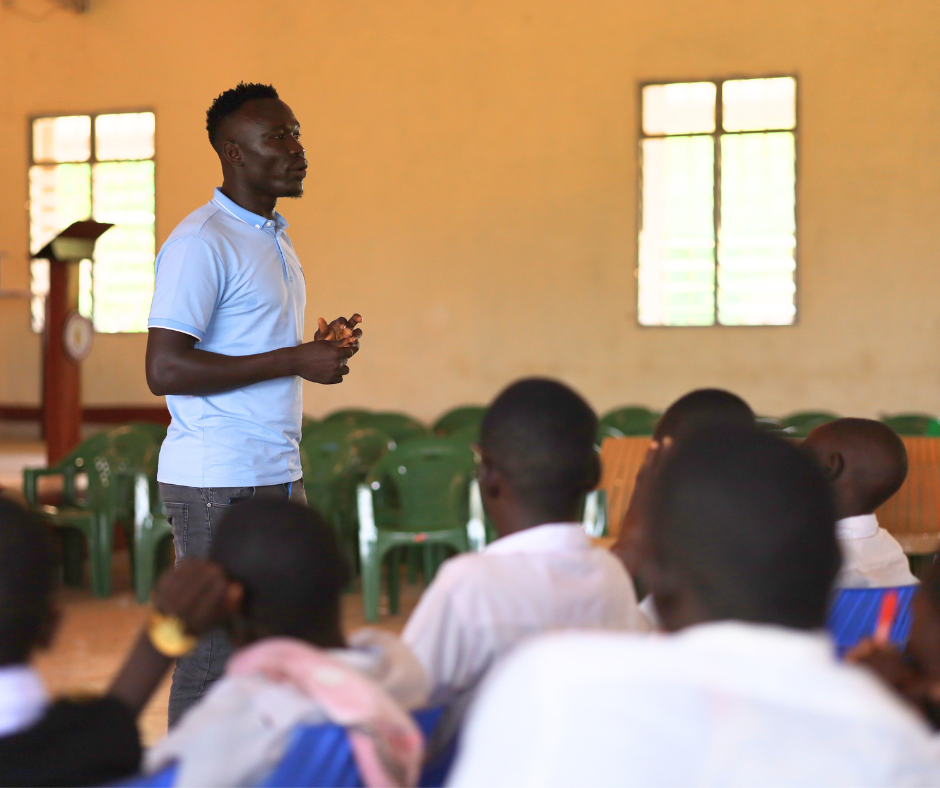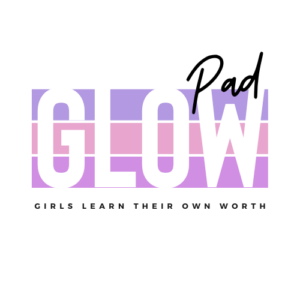
For World Heath Day, an article spotlighting our groundbreaking health and advocacy project GLOW couldn’t be more appropriate. Emmanuel Loboka is the communications officer with the development office in Rumbek, South Sudan and is one of the leading advocates for the project which is tackling issues of gender equality, stigma and breaking down barriers to have important conversations around relationships and how we understand each other.
The GLOW project is collaboration in action and Emmanuel shares his thoughts on its impact and where the project should go looking to the future. He writes:
I want to share my experience discussing a topic that many people find uncomfortable: the challenges women face.
This subject is not often talked about, and it can be considered shameful for men to discuss women’s issues. In this article, I reflect on my journey to break through some social and cultural barriers in our societies, particularly regarding girls.
I studied media and communications, and have a clear vision of how I want to contribute to my community. My goal is to raise awareness about social challenges we face, such as conflicts, diseases, divisions, and the need for acceptance and coexistence with others. When I refer to “the other,” I mean those who are different from you.
 Last year, I had the opportunity to participate in a program designed to raise awareness about menstrual hygiene, gender and growing up. ‘GLOW’ is a health and advocacy project in South Sudan that aims to tackle gender inequality and empower women and girls while also breaking down stigma and fostering allyship for lasting positive impact.
Last year, I had the opportunity to participate in a program designed to raise awareness about menstrual hygiene, gender and growing up. ‘GLOW’ is a health and advocacy project in South Sudan that aims to tackle gender inequality and empower women and girls while also breaking down stigma and fostering allyship for lasting positive impact.
In my generation, we didn’t ask questions about the changes we experienced. Instead, our parents often punished us for any behavioural changes we exhibited. We learned to navigate these issues from the streets, an approach that doesn’t make much sense today.
The common phrase, “When you grow up, you will understand,” reflects a lack of proper communication. This is where many of the health issues, abuse, and harassment faced by young men and women today stem from—there is a significant lack of awareness and open conversation. Parents often consider discussing topics like intercourse or how babies come into existence to be taboo, making it difficult for children to gain understanding.
In recent years, there has been a troubling rise in sexual violence against children in various regions of South Sudan where forced marriages, child abuse, and other forms of exploitation are rampant.
While we have focused on protecting victims and taking legal action against these crimes—and have successfully achieved justice for some, such as the case of a young girl who was harmed by a Sudanese trader in Western Bahr el Ghazal—it’s clear that we need to change the narrative and behaviours surrounding these issues.
The GLOW project is an impressive example of safeguarding and protecting our children. The GLOW initiative, which stands for Girls Learning Their Own Worth, has two main branches: one addresses period poverty and the stigma surrounding menstruation, while the other focuses on advocacy concerning puberty and relationships.
The relationship between peers, specifically young girls and boys, is complex, especially as they experience various changes during adolescence. One significant change that often goes unacknowledged is the emotional transformation they undergo, which can greatly affect their behaviour at home and in the community. As they begin to discover themselves, they tend to take responsibility for their decisions.

Emmanuel talks to boy-students about healthy relationships in Loyola Secondary Wau, South Sudan
At this stage, it is important to engage them in conversations and decision-making processes. Many South Sudanese parents may perceive their children as becoming disrespectful, often referring to this time as “the crazy age.” This phrase is commonly used by various media, including journalists and radio hosts, who define puberty as the “crazy age.”
There are also familiar sayings, such as “Now you smell the smell of your armpit,” which many can recall from their own upbringing.
For girls, the situation can be even more challenging. Comments such as “you are answering my words; now you know men” imply that a girl is becoming a woman simply by being aware of boys, which can be a harmful notion.
Such statements may inadvertently suggest that having sex is a rite of passage into womanhood, leading many young girls to believe that engaging in sexual activity is necessary to validate their maturity.
This is a crucial time to engage with our young people—both at home and in schools—and to raise awareness about the challenges and changes associated with growing up.
We face many difficulties, but we need to find a way forward by listening and communicating. After completing the project, I was asked if I wanted to mark International Radio Day by continuing to use radio to raise awareness. I believe that conversations about this topic must continue every day, discussing each change one by one and expressing it like a song.
In South Sudan, we still struggle with introducing sex education in our schools. It’s essential to build relationships with our parents, brothers, neighbours, sisters, friends, and leaders because the risks are greater if we don’t understand puberty and what comes with it.
Do we want to protect girls and boys from exploitation, sexual abuse, early marriage, and forced marriage? Do we want to protect the community from these offenses? Do we want to stop hearing about children becoming victims of sexual violence?
It’s time for a new approach.
It’s time for all media houses—radio stations, community gatherings, schools, and content creators, including podcasters—to engage with parents and young teenagers about physical and emotional changes.
Let’s break the silence and discuss these important topics openly.
Outreach to young people has been enhanced through radio, which serves as a safe and informative platform for them to learn about sensitive issues and provides a support system for their voices to be heard.
By raising awareness among both children and parents, we can reduce the risks and potential violence against our children.
You can find out more about the GLOW project here, and see how through local empowerment positive change can be a reality

